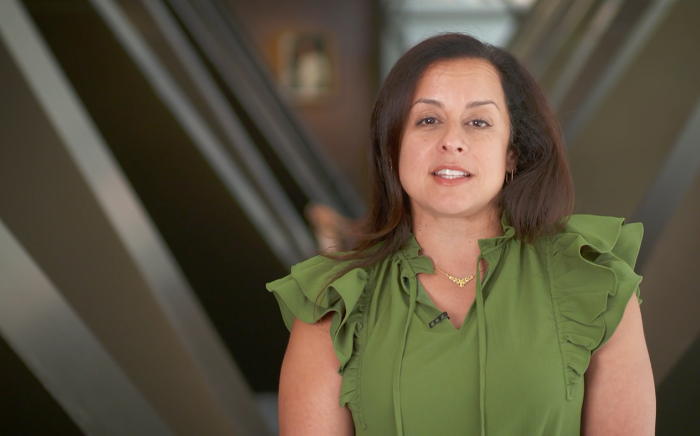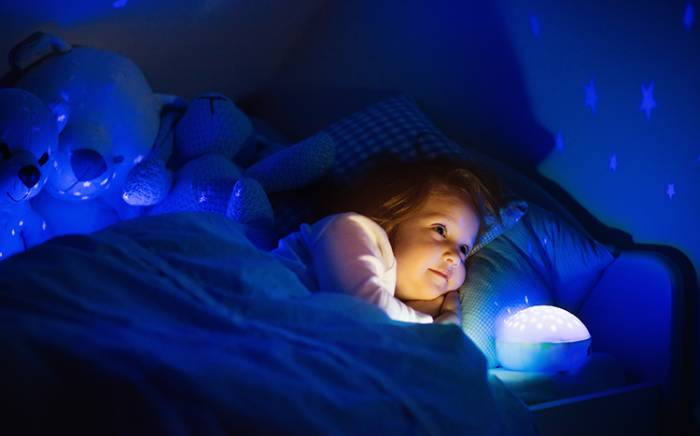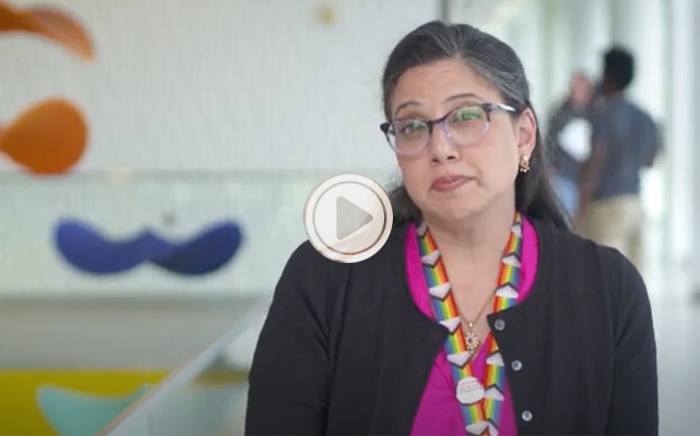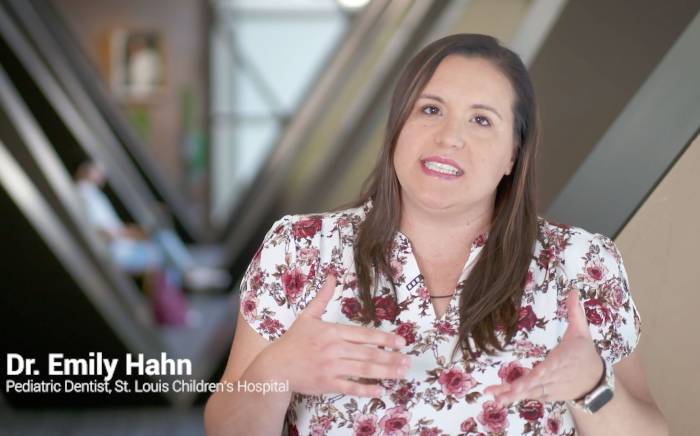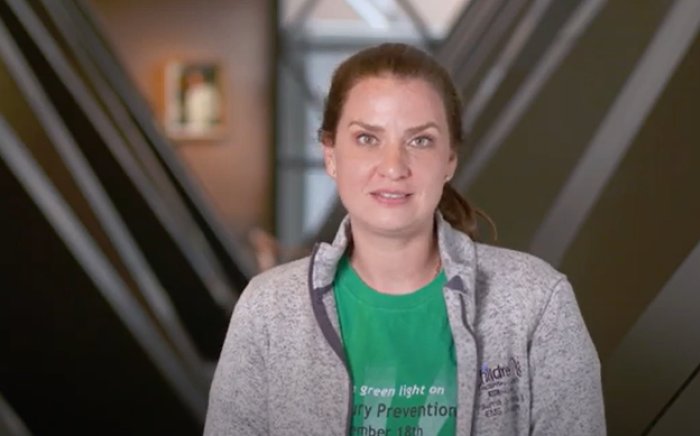Just like adults, teenagers can develop seasonal depression.
Shorter days and longer nights can make anyone feel down. But seasonal affective disorder (SAD) happens when feeling down becomes full-blown depression. Doctors might think a teenager has SAD if she gets depressed during the same time period for at least two years in a row and if that depression disappears when seasons change.
“SAD may be seasonal, but it can have long-term effects, such as drops in grades,” says Catherine Hutter, PhD, pediatric psychologist at St. Louis Children’s Hospital. “It’s important to deal with any kind of depression.”
Signs of SAD
A teen with SAD may:
- avoid his friends
- feel sad or irritable
- have very little energy
- lose interest in activities she used to enjoy
- sleep more than usual
If you notice these signs, Dr. Hutter suggests talking to your teen in a gentle way. For example, say “I noticed you’re not acting like your usual self,” or “I’ve noticed you’re spending more time in your room.”
Get professional help if you think it’s needed.
“Doctors have many ways to help a teen with SAD,” Dr. Hutter says. “Medication, light therapy or psychotherapy to address symptoms can all be helpful.”
You don’t have to deal with your teen’s SAD alone. Call the St. Louis Children’s Hospital Teen Help Line at 314.454.TEEN to talk to someone about your concerns.





